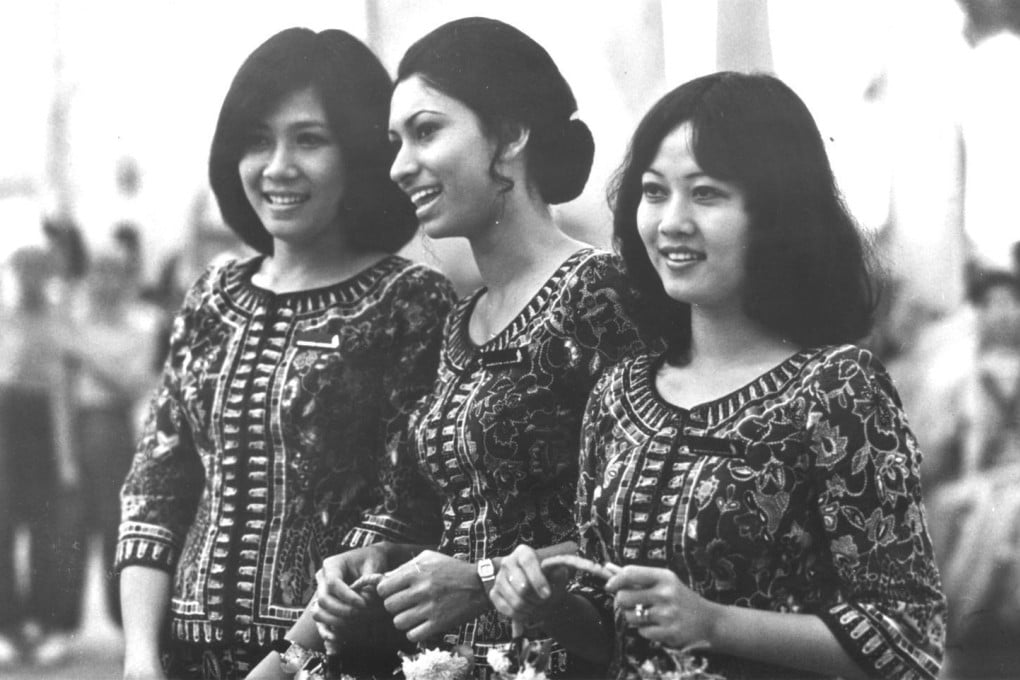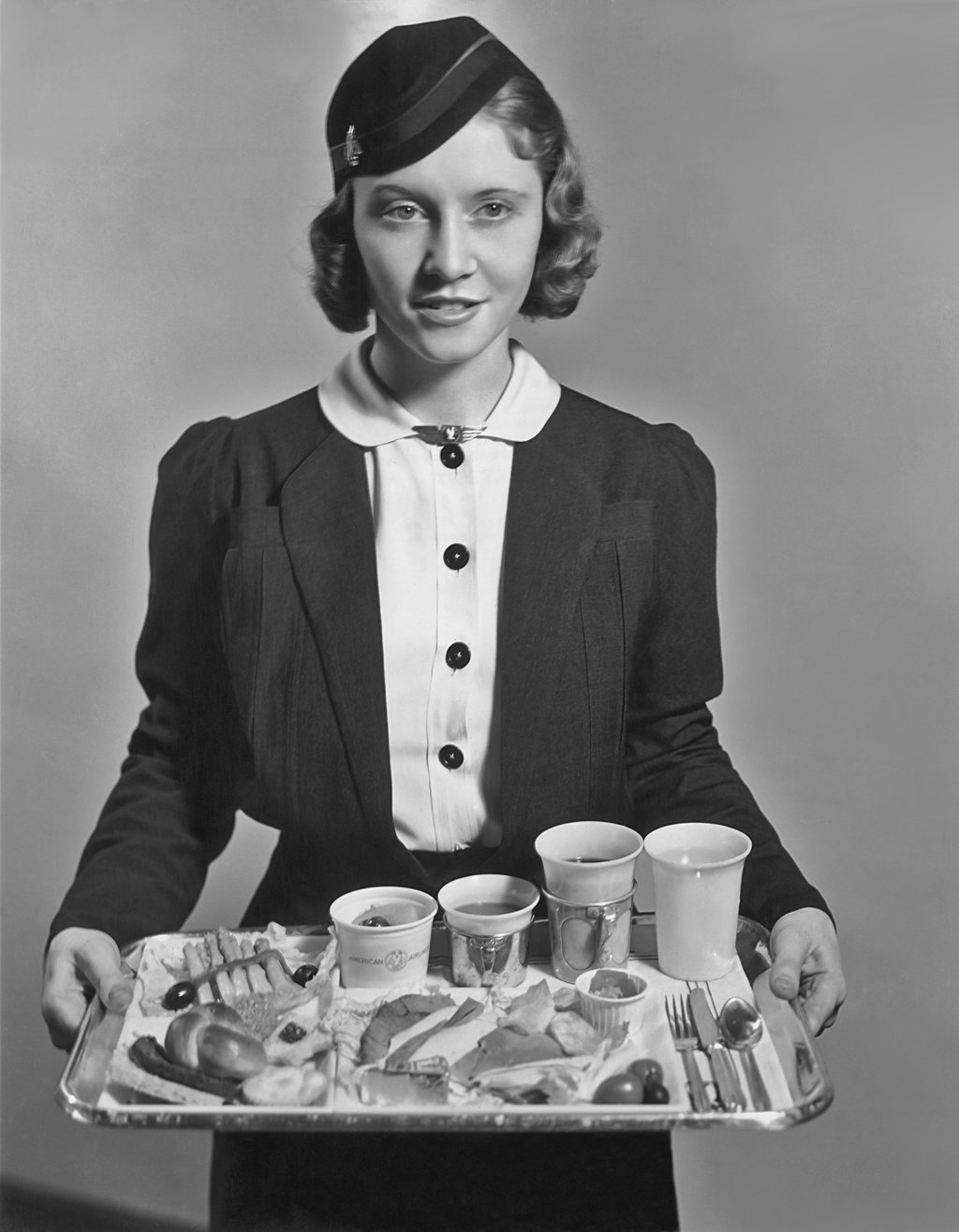Then & Now | How airline uniforms have evolved through the decades – shaped by war, gender roles, travel times and local tradition
- Cabin crew uniforms reflected luxury when commercial air travel began, but after World War II took on a military look as more women entered the profession
- Since then they’ve been influenced by business attire and traditional dress, with Singapore Airlines’ body-hugging sarong kebaya becoming a global brand image

As Hong Kong’s Covid-related travel restrictions trudged into their third year, many once-regular international travellers had almost forgotten what an airport looks like – much less the inside of an aircraft.
Likewise, the subtly varied, yet generally similar, cabin crew uniforms on various airlines that helped distinguish one journey from another seem like long-forgotten echoes of a bygone age.
Along with the vanishing of so many other markers of our former lives that draconian pandemic responses have normalised into numbed, docile acceptance, the very fabric and texture of airline travel – once too familiar for comment – must now be consciously visualised to recall aspects previously taken for granted.
And this burgeoning unfamiliarity has happened after only a few years with virtually no exposure to international travel. How much harder, then, is it to visualise what airline uniforms looked like several decades ago?

How did these styles, and the inspirations behind them, steadily evolve along with technological innovations and changed gender roles?

